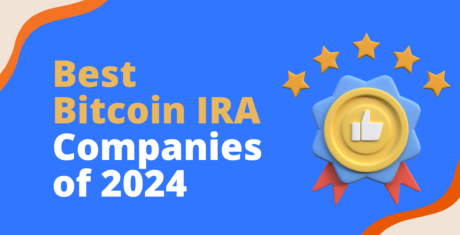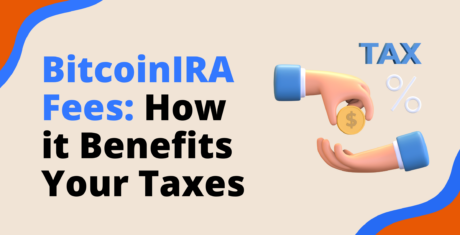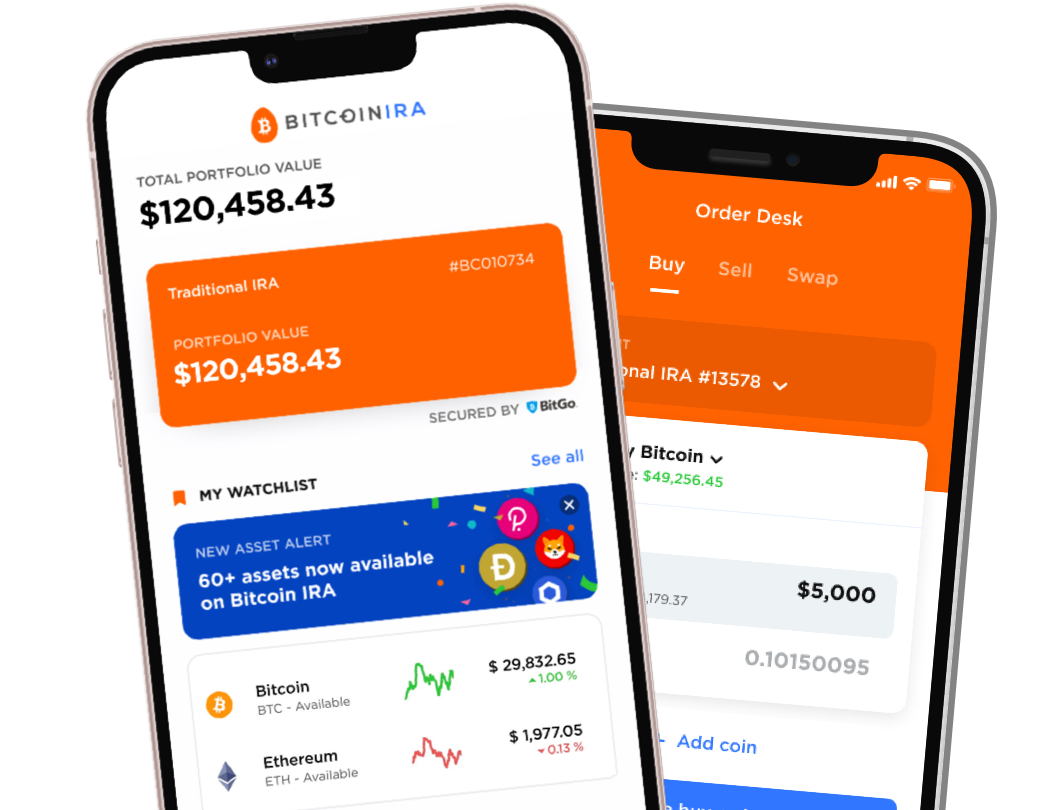Cryptocurrencies have made significant strides since the inception of Bitcoin in 2009. In 2011, the emergence of the first altcoin, Namecoin, paved the way for a multitude of cryptocurrencies to follow. Altcoins, simply put, refer to any cryptocurrency apart from Bitcoin. In the present day, numerous investors utilize altcoins as a means to diversify their portfolios and engage in alternative crypto projects. Should you be prepared to venture into altcoin investment, the following are some invaluable tips on the optimal approach to purchasing altcoins.
Ways to Buy Altcoins
Investors typically need an intermediary to buy altcoins. A few examples include a broker, an altcoin exchange or a crypto IRA provider.
Work with a Broker
A cryptocurrency broker is an individual or entity that facilitates trading between buyers and the market. These intermediaries enable traders to engage in the buying and selling of cryptocurrencies. Brokers provide several advantages, including:
- Convenient transactions through debit or credit cards.
- Additional features like copy and demo trading.
- Compliance with regulatory standards.
- Access to educational resources for novice investors.
It’s worth noting that the range of altcoins offered by brokers is often limited.
Cryptocurrency Exchange
Numerous investors opt for altcoin exchanges as a means to enter the altcoin market. These exchanges offer a range of notable features, including:
- A diverse selection of altcoins.
- The convenience of storing cryptocurrency within the exchange and accessing transaction records.
However, it is essential to be aware that certain cryptocurrency exchanges may operate with loose or no regulatory oversight. Centralized exchanges, where the exchange holds the coins, can present an attractive target for cybercriminals. On the other hand, decentralized altcoin exchanges eliminate this risk, but they typically do not support the use of fiat currencies.
Cryptocurrency IRA
To leverage tax advantages in investments, another viable option is to consider investing in a cryptocurrency IRA. By doing so, investors can potentially save on taxes through either deferring taxes with pre-tax contributions or tax-free withdrawals with taxes paid on contributions. This advantage can significantly enhance potential returns from altcoin investments.
Investing in a cryptocurrency IRA is not overly complex; however, navigating the administrative requirements necessitates the guidance of an IRA expert. It’s important to note that, for retirement investing, cryptocurrencies can typically only be held within self-directed IRAs (SDIRAs).
Bitcoin IRA specializes in crypto retirement investing, offering investors access to a portfolio of over 60 altcoins. Additionally, their customer service is dedicated to ensuring seamless transactions. Leveraging their expertise as the largest crypto retirement platform, Bitcoin IRA provides valuable guidance to ensure compliance with IRS requirements for SDIRAs.
How to Buy Altcoins
To purchase altcoins in a secure and efficient manner, it is advisable to engage a reputable intermediary. The process is straightforward and expeditious, as outlined below:
Step 1: Select the Appropriate Provider
If you have specific altcoins in mind, ensure that the chosen altcoin platform supports your preferred cryptocurrencies. Several popular altcoin exchanges include:
- Coinbase
- eToro
- Robinhood
- Binance
- Oanda
Once you have identified the most suitable platform for altcoin transactions, creating an account should be a simple process.
For those interested in acquiring altcoins within a tax-advantaged IRA, BitcoinIRA offers a wide range of altcoins and provides secure storage* solutions. Moreover, BitcoinIRA offers customer support and educational resources tailored to individuals new to altcoin investments.
*Security may vary based on asset chosen and custody solution available.
Step 2: Choose Your Altcoins
Conduct thorough research before making any investment decisions. Given the vast array of altcoins available, it is crucial to comprehend their unique features and evaluate the teams behind them. This understanding will enable you to select the altcoins that align best with your specific requirements.
For beginners, it is often recommended to commence with Ethereum, the second-most popular cryptocurrency, as it provides a solid foundation. Conversely, if you have prior experience in crypto trading, you may consider diversifying your portfolio by exploring other promising altcoins.
Step 3: Deposit Funds
The majority of providers facilitate fiat deposits, allowing you to transfer funds from your bank account. In addition, debit and credit cards are commonly accepted, although transaction fees may be applicable. However, it is worth noting that certain exchanges do not support fiat currencies. On these exchanges, altcoins are paired with Bitcoin or Ethereum, necessitating the purchase of these cryptocurrencies first, followed by the exchange or swap for the desired altcoins.
Step 4: Execute Your Trade
It is advisable to begin with smaller investments and gain a comprehensive understanding of market dynamics before committing significant funds. When purchasing your chosen altcoin, you have the option to acquire it at the prevailing market price or place a limit order. With a limit order, the trade will be executed once the altcoin price reaches the specified limit. Following the completion of the purchase, you should see the acquired coins reflected in your account without delay.
Step 5: Monitor Your Holdings
Maintain diligent oversight of your investments and closely monitor price fluctuations. If you intend to hold your altcoins for an extended period, you may not require frequent monitoring of your holdings. However, for active traders, it is crucial to stay informed about relevant news events and market updates.
Alternatives to Buying Altcoins
If you are not yet prepared to invest in altcoins, another option is to utilize Bitcoin to expand your SDIRA. A SDIRA has the same tax advantages as a regular IRA that you can take use for Bitcoin investments, but the assistance of a custodian is required to hold such investments. Bitcoin IRA specializes in aiding individuals in establishing their IRAs and providing secure storage solutions for their digital assets.
Weigh your Altcoin Choices
Determining the optimal approach to investing in altcoins commences with aligning it with your long-term financial strategy. Altcoin and Bitcoin investments provide investors with an additional avenue to diversify their portfolios and potentially enhance profits over the medium to long term.
For individuals intending to engage in the buying and selling of altcoins to capitalize on price fluctuations within the short to medium term, it is advisable to consider the number of crypto pairs offered by the exchange or broker. Conversely, if tax savings are a priority, opening an account with the largest crypto retirement platform could be beneficial.
Frequently Asked Questions
Q: What are the best altcoins?
A: The best altcoins have strong development teams and a strong community. Coins like Ethereum, Binance and Cardano have been popular altcoins.
Q: Do you need a crypto wallet to buy altcoins?
A: You will need a crypto wallet with your provider to buy altcoins. The wallet provides storage for your coins.
Q: Where can I buy altcoins with low fees?
A: Do your research before buying altcoins. Find out what the costs are, but more importantly, make sure that your money is secure.







 3,500+ 5-Star Reviews
3,500+ 5-Star Reviews